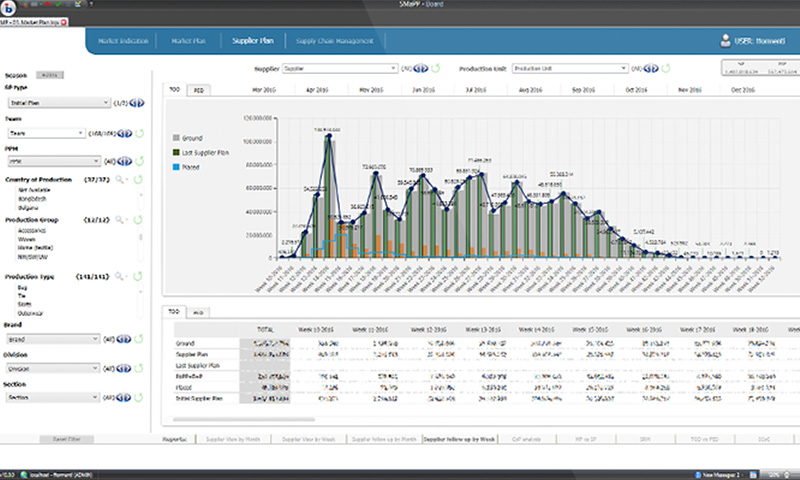6th in the UK for Business and Management courses (The Guardian University Guide 2025)
This course enables entry onto the MA HRM if you did not gain a first or second class honours at degree level (or equivalent). It will add to your existing skills and knowledge providing you with enhanced understanding and abilities which will prepare you for Masters courses, whilst also providing English support if you need help in this area.
The aim of the MA HRM is to provide you with the opportunity to gain knowledge and skills pertinent to your development as a Human Resource professional. You will be able to operate in international environments given the unique design of our programme. The course is intellectually challenging and upon completion, you will have the skills, knowledge and understanding to be able to function exceptionally well as an HR professional. In addition, all modules are also aligned to the professional standards of the Chartered Institute of Personnel Development (CIPD) which offers you the opportunity to apply for membership of the CIPD.
The course is designed for students who want to embark on advanced level study of Human Resource Management to develop analytical and evaluation skills that can be applied to real work situations. The course recognises that people management is a key force for successful economic growth and thus emphasises the development of knowledge and understanding of a range of management and business practices and the ability to apply them effectively in an innovative manner. The course also adopts an interdisciplinary approach and will help you develop your own understandings of complex and challenging business environments. To help this process we also (where possible) arrange visits to some of the larger businesses such as Toyota, JCB and Whitbread. These are designed to give you an insight into the structural complexities and management of large business concerns, thus giving you valuable experience of the concepts you study in class. Coupled with an innovative assessment portfolio, you are provided with a mutually inclusive and dynamic learning experience based on the principles of continuous professional development.


/prod01/wlvacuk/media/departments/digital-content-and-communications/images-18-19/iStock-163641275.jpg)
/prod01/wlvacuk/media/departments/digital-content-and-communications/images-2024/250630-SciFest-1-group-photo-resized-800x450.png)
/prod01/wlvacuk/media/departments/digital-content-and-communications/images-18-19/210818-Iza-and-Mattia-Resized.jpg)
/prod01/wlvacuk/media/departments/digital-content-and-communications/images/Maria-Serria-(teaser-image).jpg)
/prod01/wlvacuk/media/departments/digital-content-and-communications/images-2024/241014-Cyber4ME-Project-Resized.jpg)
/prod01/wlvacuk/media/departments/digital-content-and-communications/images-18-19/210705-bric_LAND_ATTIC_v2_resized.jpg)
/prod01/channel_24/courses/media/departments/faculty-of-arts-business-and-social-science/images/marta-rios.jpg)





